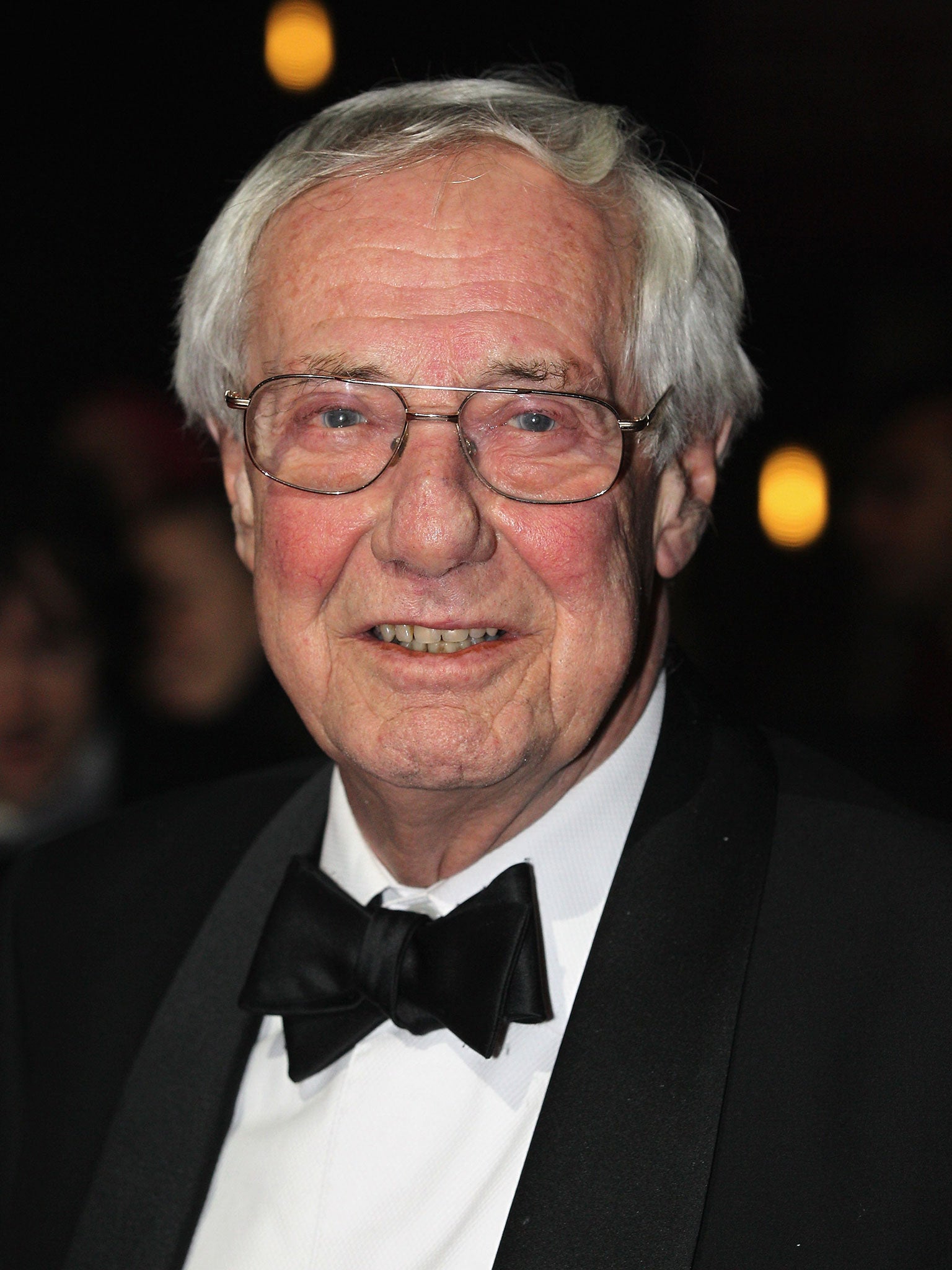Barry Norman opened our eyes to seeing film as art – he will be sorely missed
A true journalist, Barry added perspective and wry humour and tried always to find something good to say about even the most formulaic and bizarre of films


So, farewell then TV's Mr Film.
Barry Norman was just that for so many of us who grew up with his film journalism: our entree to the pictures, most famously via the Film series from Film 72 to Film 98 (I always wondered what might happen when we hit the millennium). They were by far the most influential film reviews in the land.
What Norman represented was a sort of renaissance of film and cinema in the 1970s and 1980s when the industry, and especially what was left of its British arm, managed to evade death like something out of the Bourne series. It was a bridge, and a rickety one, from the Hollywood legends of the 30s and 40s, who Barry also made programmes about, to the lively and still glam film culture of today.
It was in the 1970s, after all, that some of the most famous and gifted of directors emerged – Martin Scorsese, Steven Spielberg, James Cameron, Oliver Stone, Christopher Nolan, Ridley Scott, George Lucas and so many others – and the future of film as a form of entertainment secured. They needed some durable “franchises”, notably Star Wars, Hannibal, Indiana and the rest. But they also above all needed some audiences and, at least here in Britain, a champion, someone to tell them what was coming up at the local “flea pit”, and why it might be worth skipping Coronation Street or the Generation Game to get the bus into town to go see it. This was an era when television was murdering film, cinemas were closing as fast as pubs are nowadays, and the British industry was confined to Carry Ons, “sex comedies” and spin-offs from TVs series, for example Mutiny on the Buses. (Catch it on YouTube for a flavour of the times).
It was Barry, with his neat turns of phrase, easy going manner and verbal and facial mannerisms who reminded us gently that film should be part of our lives, and ironically enough did so late at night, cheekily and sneakily, on the very medium that was “the enemy”.
He turned up at a time of greater prosperity, albeit punctuated by economic and political crises, and a more inquisitive and adventurous middle class. Just as we wer awakening to travel, to real food, to the possibilities of higher education, say, so too we were getting into film as a classy kind of entertainment, even art.
Barry Norman nudged us towards art house and foreign language film, but most of all we trusted the balanced, sensible unpretentious guide he offered us to what was good, bad and ugly in the mainstream new movies.
He added perspective and wry humour and tried always to find something good to say about even the most formulaic Bond production or bizarre Planet of the Apes caper or ill-starred remake of a much loved classic. The Muppets or the Jurassic Park dinosaurs would be assessed as open-mindedly as Gerard Depardieu or Jack Nicholson.
He was, thus, a proper journalist not some mere showboating all-purpose presenter. His personality was there including the famous catchphrase he never uttered, and “his” theme tune, but he never even tried to pretend he was bigger than the subject matter. He fitted his times perfectly, he did his bit to keep film alive in its darkest hours, and we miss him.
Join our commenting forum
Join thought-provoking conversations, follow other Independent readers and see their replies
Comments